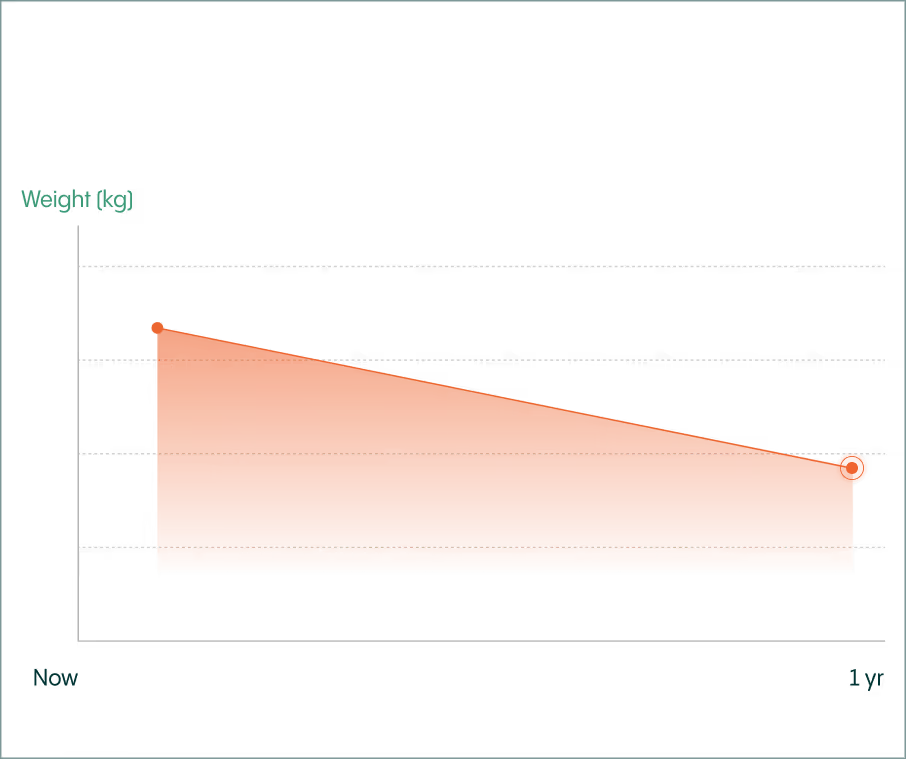

In this article, we will be discussing the link between an itchy scalp and hair loss, the potential causes and the various treatments to help treat itchy scalp and hair loss.

While having an itchy scalp doesn’t necessarily mean you will also experience hair loss, if your scratching gets more aggressive or you have a pre-existing condition that could affect the strength of your hair follicles, hair loss could potentially occur.
Itchy scalp that could lead to hair loss can be caused by a multitude of reasons from skin conditions to using hair dyes that irritate the hair and the scalp - all of which we will go more into detail shortly. As all the issues stated can be treated either with prescription medication or topical treatment, this means that the hair loss is only temporary and can be regained once the underlying skin condition is treated completely.
While it is completely normal to experience an itchy scalp occasionally and lose an average of 50 to 100 hairs per day, you might be concerned when an itchy scalp has become more frequent, your scalp has developed irritated and crusty areas or your hair loss has noticeably increased. Here are some common causes of itchy scalp that could lead to hair loss:
One of the main causes of dandruff is seborrheic dermatitis, a skin condition that occurs due to overactive oil glands that reside on the scalp which irritates the skin thus producing red scaly patches and dandruff. Dandruff can also occur due to a yeast infection of both the hair follicles and the scalp.
Folliculitis occurs when the hair follicles on the scalp become inflamed due to fungi or staph bacteria which causes small itchy bumps to form on the skin. Folliculitis can also potentially cause temporary hair loss. Left untreated, this inflammation can cause the hair loss to become permanent.
Tinea Capitis, also known as scalp ringworm, is a fungal infection that is able to penetrate into the hair shaft causing a red rash to form. Depending on the severity of the fungal infection, hair can break off either above or at the scalp’s surface thus causing hair loss.
You could be having an allergic reaction if your hair dye is causing your scalp to be itchy and inflamed. In a study done by the University of Toyama, researchers discovered that a common ingredient used in hair dyes, paraphenylendiamine (PPD), caused allergic reactions in about 1% of their test subjects. For people who already have a sensitive scalp, hair products that contain PPD have the potential to cause severe hair loss.
It is also possible to treat itchy scalp and prevent further hair loss without requiring medical attention. Here are some ways to treat itchiness and ensure that both your hair and scalp are in the best of health:
If you have dandruff, using drugstore shampoos that contain ingredients such as zinc and selenium can help combat and reduce the yeast infection present.
In a study published by Elpasty, research found that undergoing regular scalp massage - a practice where you use your fingertips to apply light to medium pressure and moving them in small circles all over your scalp - has the potential to grow thicker hair. It has been theorized by researchers that this is made possible either from the increased blood flow in the scalp or from the hair cells being stimulated.
To ensure that your hair and scalp are in the best health possible, it is important that you eat a well-balanced diet or take supplements to ensure that your levels of proteins, vitamins (A, D, and E), iron, zinc, biotin and amino acids are sufficient.
While preventing skin conditions such as folliculitis, scalp ringworm and even dandruff from occurring can be beyond your control, it is possible to prevent itchy scalp and hair loss by being aware of the hair products that you use and the ingredients in them.
As mentioned earlier, the ingredient paraphenylendiamine (PPD) is commonly found in hair dye products and can cause allergic reactions. If you have a sensitive scalp or experience a noticeable itchiness after use, it is recommended that you stop using that hair dye product immediately as there is a possibility that it could lead to a more severe reaction and cause permanent hair loss.
Chemicals found in overly harsh shampoos and other hair styling products can also cause itchiness of the scalp. The best and easiest way to prevent this is by switching over to gentler, less irritating alternatives (like children’s shampoo or organic hair products).
While most instances of itchy scalp (and the hair loss caused by it) can be treated and reversed with the treatments stated above, if your scalp gets increasingly itchier over a prolonged amount of time and you begin to experience noticeable hair loss, it is advisable that you consult a doctor. Here at Noah, doctors on our platform are best equipped with the knowledge to help you ascertain the root cause of your itchy scalp and hair loss. They will be able to advise you on the best treatment suited for you, and can also prescribe you the right medication should you need it.



Articles featured on Noah are for informational purposes only and should not be constituted as medical advice, diagnosis or treatment. If you have any medical questions or concerns, please talk to your healthcare provider. If you're looking for a healthcare provider, click here.
Ishida, Waka et al. “Severe Hair Loss of the Scalp due to a Hair Dye Containing Para phenylenediamine.” ISRN dermatology vol. 2011 (2011): 947284. doi:10.5402/2011/947284 (Link)
Koyama, Taro et al. “Standardized Scalp Massage Results in Increased Hair Thickness by Inducing Stretching Forces to Dermal Papilla Cells in the Subcutaneous Tissue.” Eplasty vol. 16 e8. 25 Jan. 2016 (Link)